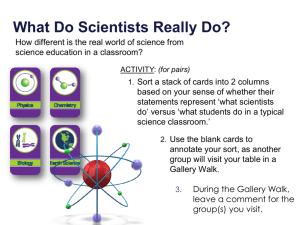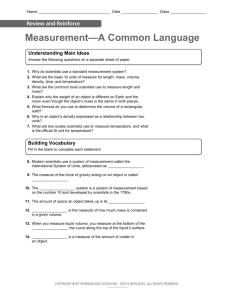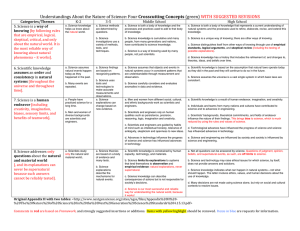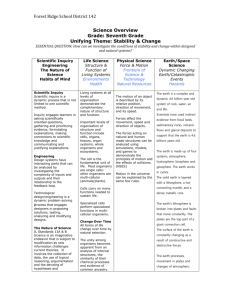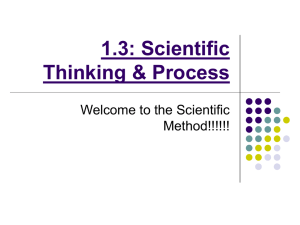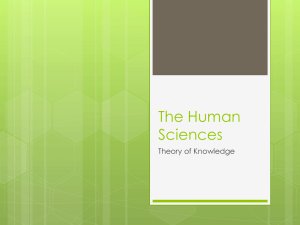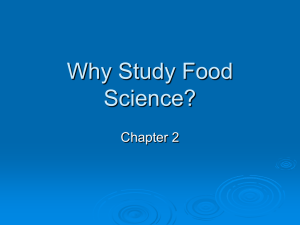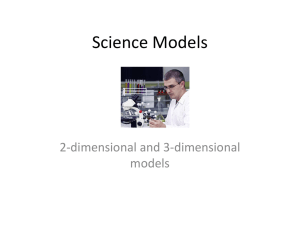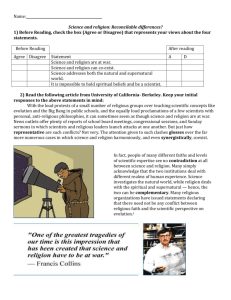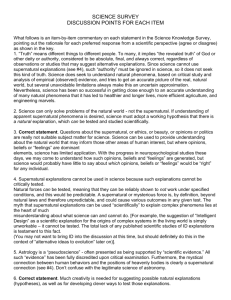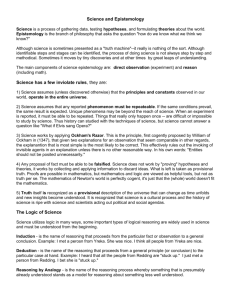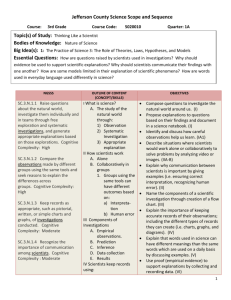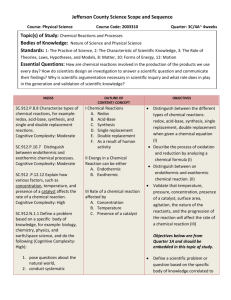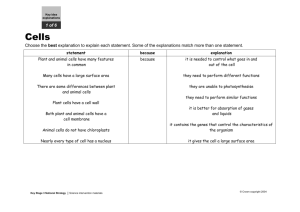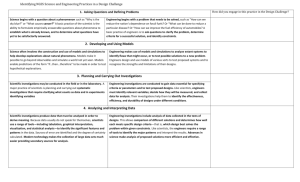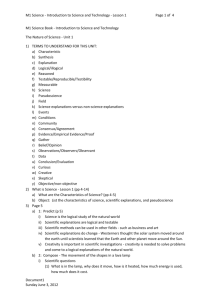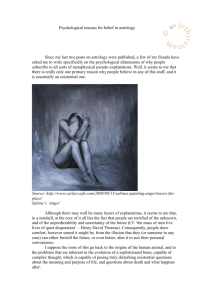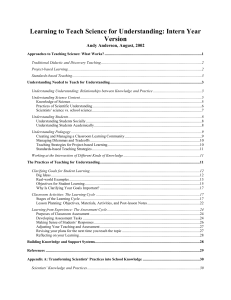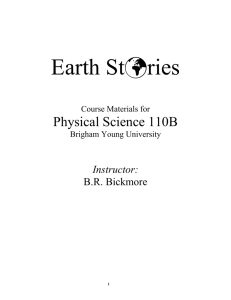False. Science is trying to understand natural phenomena based on
advertisement
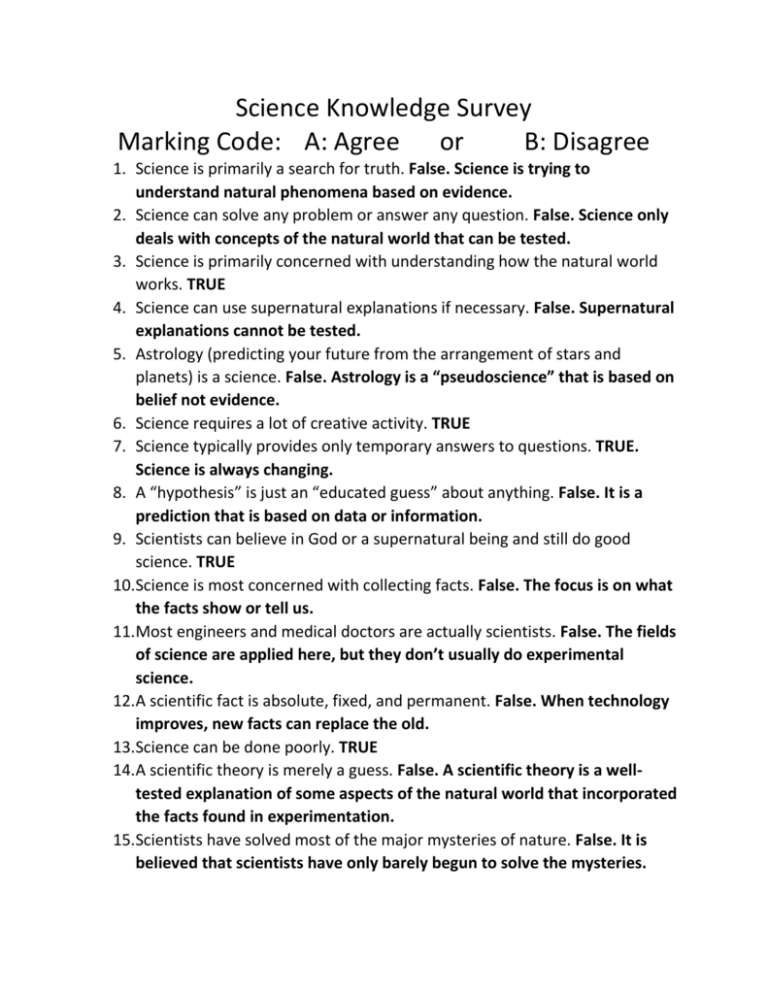
Science Knowledge Survey Marking Code: A: Agree or B: Disagree 1. Science is primarily a search for truth. False. Science is trying to understand natural phenomena based on evidence. 2. Science can solve any problem or answer any question. False. Science only deals with concepts of the natural world that can be tested. 3. Science is primarily concerned with understanding how the natural world works. TRUE 4. Science can use supernatural explanations if necessary. False. Supernatural explanations cannot be tested. 5. Astrology (predicting your future from the arrangement of stars and planets) is a science. False. Astrology is a “pseudoscience” that is based on belief not evidence. 6. Science requires a lot of creative activity. TRUE 7. Science typically provides only temporary answers to questions. TRUE. Science is always changing. 8. A “hypothesis” is just an “educated guess” about anything. False. It is a prediction that is based on data or information. 9. Scientists can believe in God or a supernatural being and still do good science. TRUE 10.Science is most concerned with collecting facts. False. The focus is on what the facts show or tell us. 11.Most engineers and medical doctors are actually scientists. False. The fields of science are applied here, but they don’t usually do experimental science. 12.A scientific fact is absolute, fixed, and permanent. False. When technology improves, new facts can replace the old. 13.Science can be done poorly. TRUE 14.A scientific theory is merely a guess. False. A scientific theory is a welltested explanation of some aspects of the natural world that incorporated the facts found in experimentation. 15.Scientists have solved most of the major mysteries of nature. False. It is believed that scientists have only barely begun to solve the mysteries. 16.Science can study and explain events that happened millions of years ago. TRUE 17.Knowledge of what science is, what it can and cannot do, and how it works, is important for all educated people. TRUE 18.Modern scientific experiments usually involve trying something just to see what will happen, without predicting a likely result. False. Most studies involve testing with predictable outcomes. 19.Anything done scientifically is always accurate and reliable. False. Scientific is an overused phrase that is sometimes used to make false claims and sell products. True science would be accurate and reliable. 20.Scientists have observed that nature apparently follows the same “rules” throughout the universe. TRUE 21.Scientists often try to test or disprove possible explanations. TRUE 22.Science can be influenced by the race, gender, nationality, or religion of the scientists. TRUE. Everyone has biases due to their background & experience. 23.All scientific problems must be studied with the scientific method. False. There are many variations in the approaches of science. 24.Disagreement between scientists is one of the weaknesses of science. False. This is a strength that leads to more evidence. 25.Any study done carefully and based on observation is scientific. False. It must also include analyzing the findings, seeking explanations and testing. Now record the following statements on the second box on your planner page: 1. Scientific knowledge is durable but tentative. 2. Scientific activity requires both being logical/systematic and creative/imaginative. 3. Because of social, historical, and cultural influences, science can be subjective and have bias. 4. Science and its methods cannot answer all questions. 5. There is no such thing as a single scientific method.
